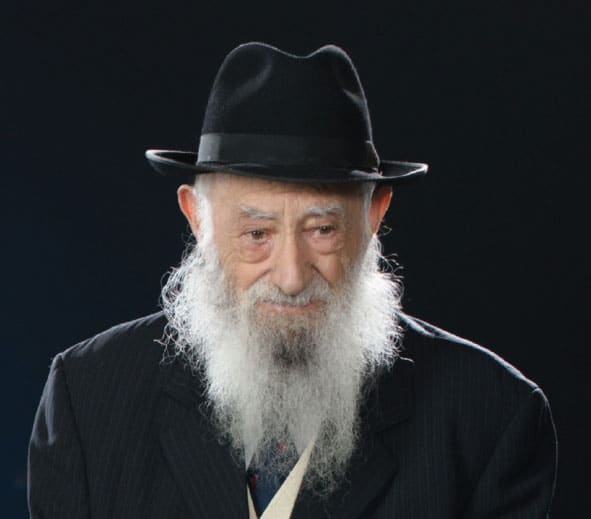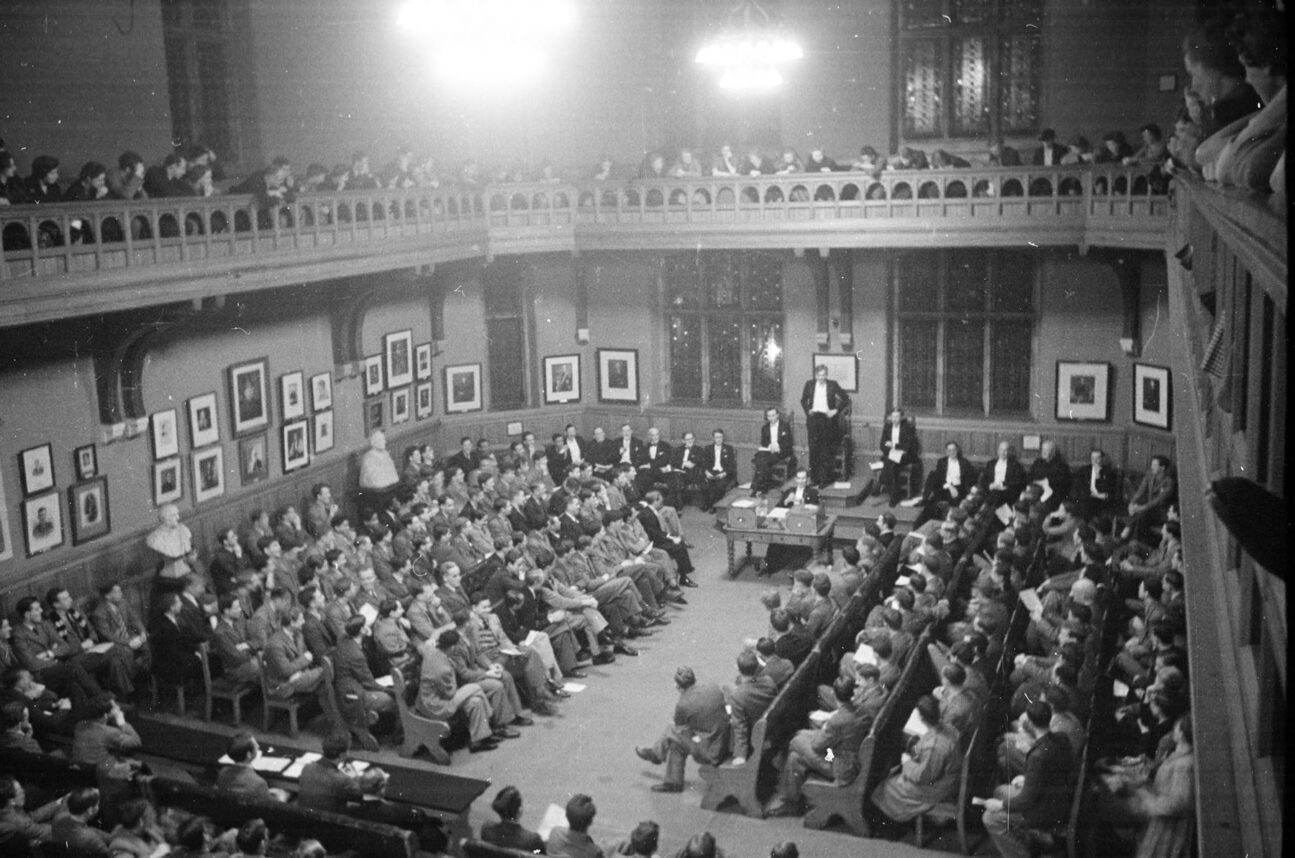
R’ Ovadia ben R’ Eliyahu Netaneli, a man who influenced the lives of many Persian Jews and the father-in-law of Rabbi David Shofet, founder of Nessah Educational and Cultural Center, died in Jerusalem on the Shabbat of February 4. He was 100 years old.
“While he was not [technically] a rabbi, he was very knowledgeable,” Shofet, leader of the largest Persian synagogue in America, told the Journal. “Some people do not need smicha (ordination). He knew more than a rabbi.”
Netaneli’s unquenchable thirst for learning, combined with his talent for teaching and influencing others, made him a heavyweight in the Persian Jewish world.
“Whatever he wanted to do, he could achieve,” Shofet said. “He knew all of the Torah. He was the Torah reader on Shabbat when I met him [in Iran]. He used to learn with his brother, Rabbi Yehoshua Netaneli, one of the founders of Oztar HaTorah in the city of Shiraz. He went to [Netaneli] with any questions he had.”
Liora Shofet Refua, Shofet’s daughter and Netaneli’s granddaughter, said, “His speech under my chuppah at Nessah was something people talked about for a long time afterward. My children are his first great-granddaughter and great-grandson, and although we live in Los Angeles and he was in Jerusalem, he truly shepped nachas from all of the kids.”
“Talk to anyone in Los Angeles now who lived in Tehran back in the ‘60’s, ‘70’s or ‘80’s, and you would hear what my grandfather would do for the Jewish community there.” – Liora Shofet Refua
According to Shofet Refua, many Persian Jews in LA would say he greatly influenced them, even though he didn’t live in LA. “Talk to anyone in Los Angeles now who lived in Tehran back in the ‘60’s, ‘70’s or ‘80’s, and you would hear what my grandfather would do for the Jewish community there,” she said. “It still affects their lives here nowadays.”
She described her grandfather as fiercely devoted to his synagogue in Jerusalem and to Torah learning. “He attended services every day, even into his mid-90s,” she said. “He lived on the third floor of a building without an elevator. But he braved the stairs up and down, to and from his home to the synagogue, until it was physically impossible to do.”
Netaneli was born in the ancient Iranian city of Hamedan, traditionally believed to be the location of the tombs of Esther and Mordechai from the Purim story. Shofet Refua said he came from a devoutly religious family with a deep love of Israel. His father, Eliyahu, acquired property there long before the establishment of the modern state.
In Iran, Netaneli worked as a broker in the plastics industry. He was deeply involved in Jewish communal affairs, particularly within the famed Abrishami Synagogue, the central synagogue in Tehran.
Shofet Refua’s grandfathers-to-be worked as a team, Netaneli alongside Rabbi Yedidia Shofet, the chief rabbi of Tehran (and the father of Rabbi David Shofet), in communal and spiritual matters. Netaneli led prayer services and gave Torah lectures regularly.
Shofet said that after the 1979 Iranian Revolution, “my father was the rabbi of the biggest shul in Tehran, and [Netaneli] was with him. When my father had to leave, there was a kind of emptiness. No one was there to take care of the community, so my father-in-law stepped in. He started to teach.”
People were very happy with him in that role. “He became part of the beit din (rabbinical court) also,” said Shofet. “He was different from other rabbis. He was a problem-solver. When there were problems between a husband and wife, they relied on him.”
Mastering gematria – knowing the numerical value of every Hebrew letter – was one of Netaneli’s more impressive accomplishments, his son-in-law said.
“When he went to Israel 30 years ago at the age of 70, he was a member of the community of HaRav Mordechai Eliyahu, the Sephardic chief rabbi of Israel. Now, my father-in-law knew Hebrew, but not enough to deliver a speech. He said he wanted to give a d’var Torah. Rabbi Mordechai said yes because he knew enough gematria.”
Shofet said a crucial dimension of Netaneli’s life was that he was always positive. Above all else, the late leader loved to learn.
“In his life, he had one big purpose: to go to Israel, to sit down and to learn there. He worked very hard. He was in the bazaar, and he was very successful in what he did. But learning, that was his passion. That was his commitment every day.”






















 More news and opinions than at a Shabbat dinner, right in your inbox.
More news and opinions than at a Shabbat dinner, right in your inbox.